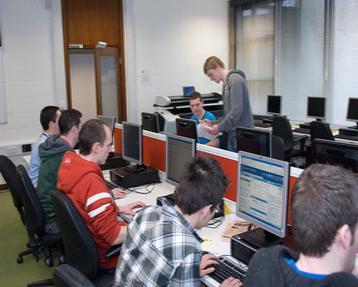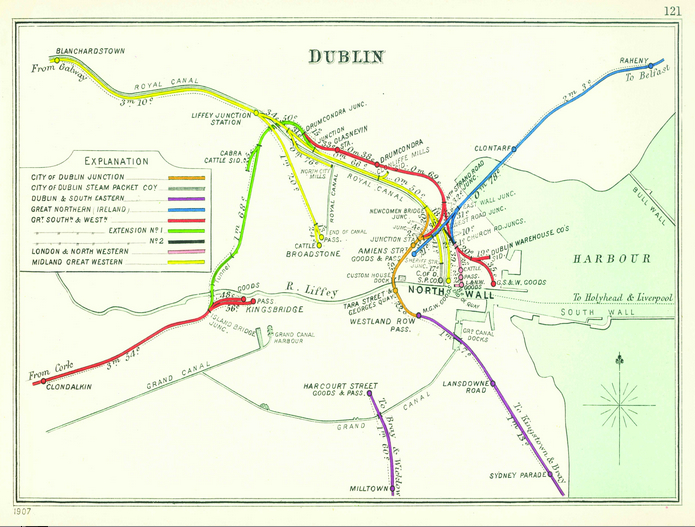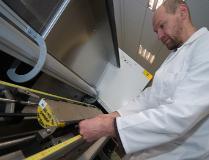Building on a strong tradition and history of cartographic expertise within the School of Geography, we have committed significant investment to developing a high-quality GIS laboratory space in recent years, including state-of-the-art software, geospatial database, web-mapping applications, digitisation capacity and a large-scale plotter/scanner.
As part of our strategic plan, we aim to increase both staff and technological capacity in geospatial applications and will be expanding our facilities in the coming years.


